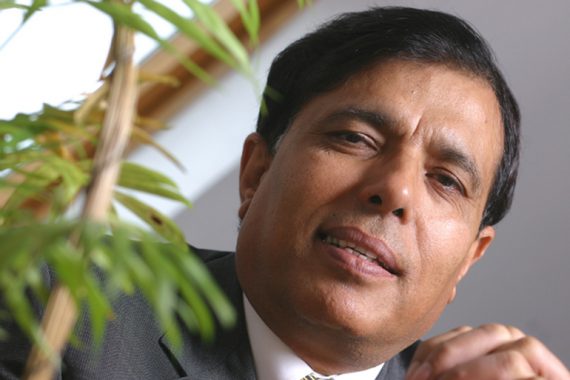Patients are at risk from an overstretched workforce, not the junior doctors’ strike

NHS England’s medical director and professional lead for NHS doctors Sir Bruce Keogh questioned whether staff would be able to respond to a terror attack during the junior doctors strike. And now Dame Sally Davies, chief medical officer, is warning that the planned industrial action will endanger patient safety.
Sir Bruce’s letter connecting the junior doctors’ strike to terrorism was cynical nonsense. Let me remind Sir Bruce and his boss Jeremy Hunt, that many doctors and other hospital staff who weren’t working, instantly and selflessly offered to help at the time of the 7/7 bombings. I’m sure that junior doctors, along with the rest of us, know our moral and ethical obligations if disaster does strike.
The CMO should know that when doctors strike, the scientific research shows that patients stop dying. The most comprehensive review of the medical impact of doctors’ strikes is published in the prestigious academic journal Social Science and Medicine. Not a single study found death rates increased during the weeks of the strikes, compared to other times.
Why aren’t they telling their masters that one of the greatest dangers to patient safety is tired doctors and deplete workforces?
In my view, both Sir Bruce and Dame Sally, who are part of the medical extended family, should have been supporting the junior doctors, who are working flat out well beyond their hours. They should be concerned about recruitment crisis: already there is exodus of doctors and gaps in rotas created by a lack of staff are crippling those who remain.
The fact that only now only 53% of doctors continue to train in the NHS after their first few years should be their anxiety. Why aren’t they telling their masters that one of the greatest dangers to patient safety is tired doctors and deplete workforces? Stretching an overstretched, overworked workforce even further is not the way to make the NHS safer.
The biggest threat to patient care is the Government’s insistence on removing safeguards which prevent junior doctors from being forced to work dangerously long hours without breaks, with patients facing the prospect of being treated by exhausted doctors.
As far as I’m concerned, it’s the job of the medical director to ensure that an organisation is clinically safe. In my opinion, he has failed that as he has allowed a major component of the delivery of a safe NHS to be so horribly vilified and attacked by his boss’s boss.
It’s not the first time Sir Bruce has been exploited for political ends. One of his recent report on hospitals with high mortality led to claims by the Jeremy Hunt of 13,000 avoidable deaths, a figure Sir Bruce himself said he did not recognise.
For the sake of transparency it’s high time the Cabinet Office set up an inquiry to establish the true independence of NHS England before damage to its reputation becomes irreversible.
Dr Kailash Chand OBE is the deputy chair of the BMA, and a retired GP. He writes in a personal capacity.









